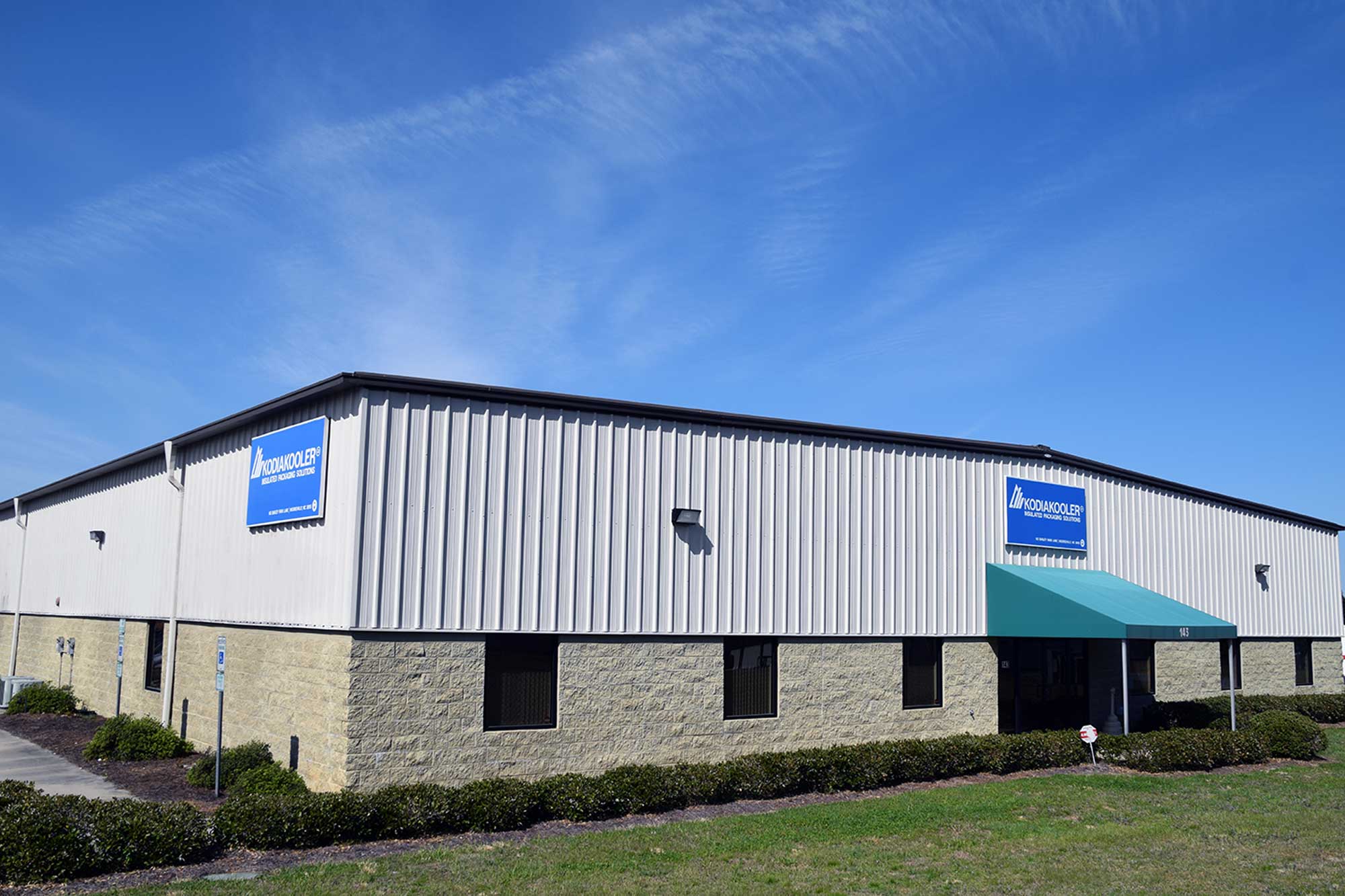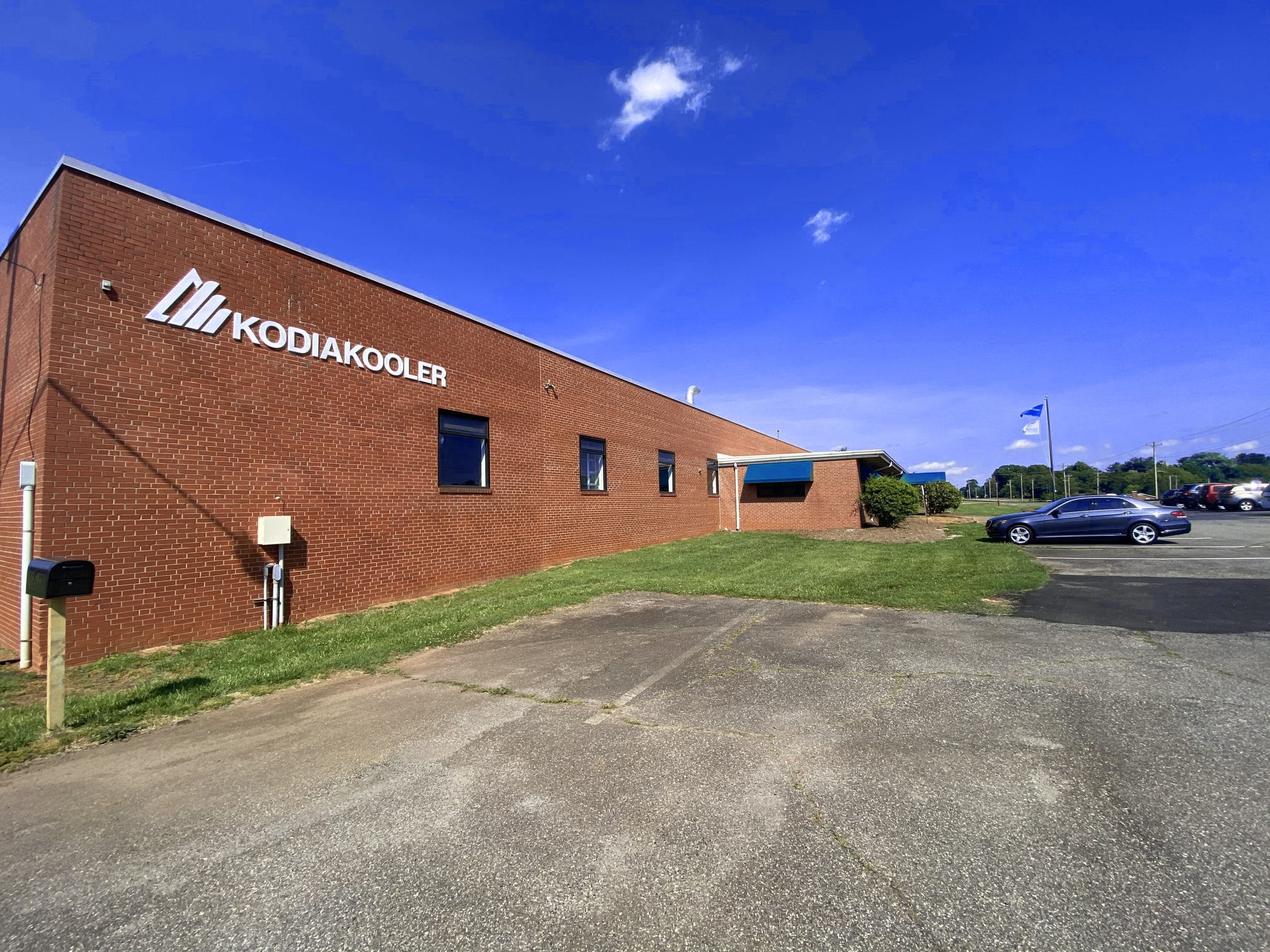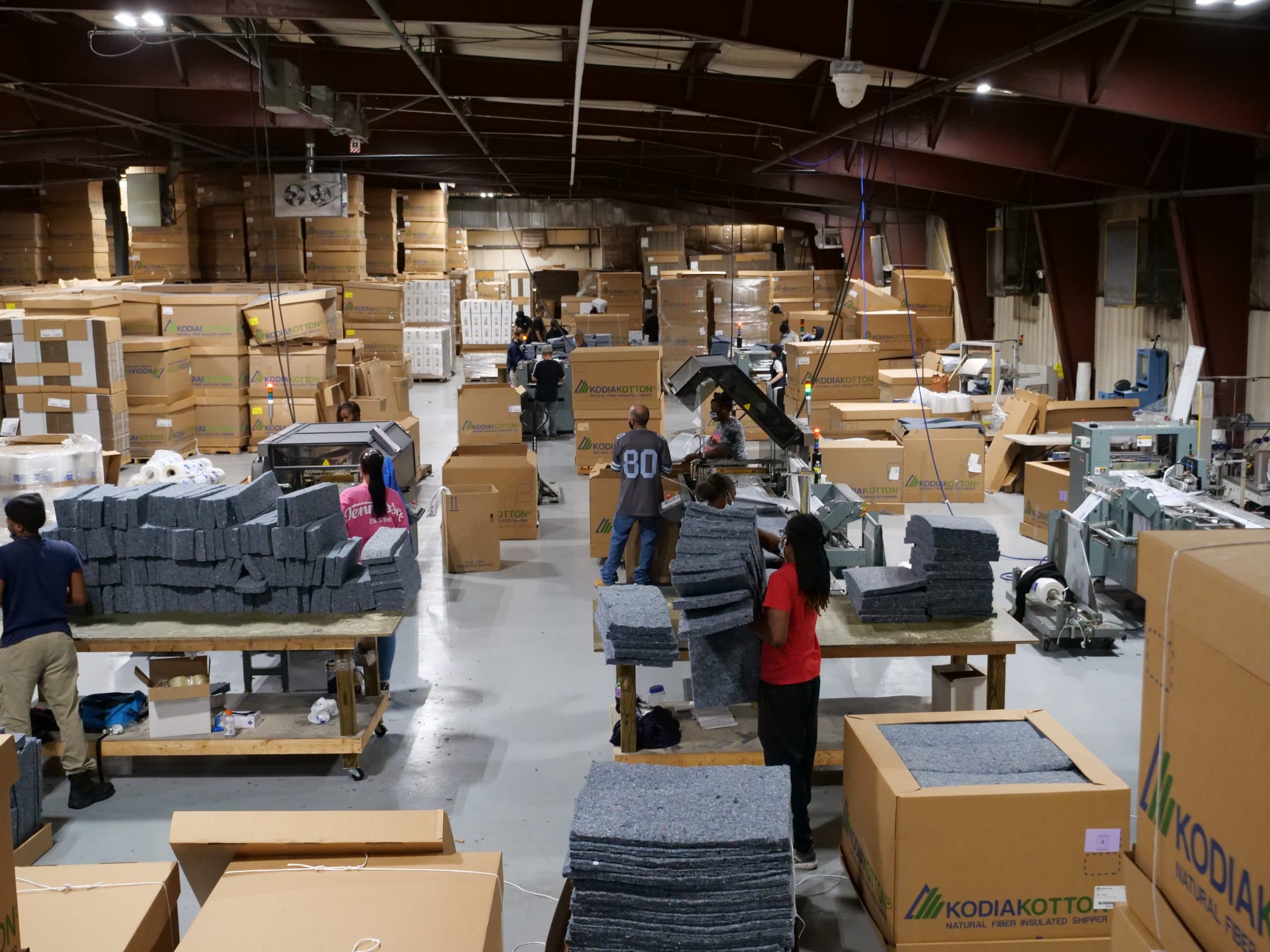The past two years have brought the insulated packaging industry record-breaking demand, dwindling supply, and…

The Story of Insulated Packaging According to Our Founder
Temperature-sensitive product packaging is experiencing significant change, perhaps the greatest in its history. My introduction to insulated packaging products began in the late 1970s and early 1980s while working in the airline industry. In those days, airlines carried the bulk of all air freight. FedEx had begun operations in 1973, but its fleet consisted of only 14 small aircraft. While we understood air freight shipments were time-sensitive, companies shipping perishable products were adding another layer of urgency to our business.
Working from a terminal in Maryland, perishable shipments often included fresh and live seafood products. The packaging challenge was two-fold. First, protect the passengers and aircraft and, second, protect the perishable products. There weren’t a lot of packaging choices then. Corrugated boxes, sheets of expanded polystyrene (EPS) foam, and poly liners were typical. Moisture leakage from product and ice had the potential to compromise safety and unproven packaging often resulted in inconsistent performance.
Packaging has improved over the last 30+ years, but until recently, the primary insulation for packaging temperature-sensitive products remained expanded polystyrene foam, often called Styrofoam®. Either as six panels or two-piece coolers, foam has remained the traditional packaging product for insulated shipments. Foam delivered reliable performance at an affordable cost. However, over the years, consumers and governments have increasingly viewed EPS as an environmental problem. EPS is recyclable, but most consumers cannot recycle. Most community recycling centers do not accept EPS and, for the few consumers with access, handling bulky foam is a barrier to recycling.
With consumers looking for an alternative to foam and governments legislating prohibitions against foam use; the temperature-sensitive product packaging industry has long sought an alternative solution. While alternatives have been introduced, they failed to deliver competitive performance and/or cost.
Today, KODIAKOOLER® is delivering a solution that performs at a cost competitive with foam…and the solution is recyclable, biodegradable, and compostable. KODIAKOTTON® has been tested by independent, certified ASTM and ISTA laboratories and proven to be a reliable, environmentally sustainable packaging solution for shipping temperature-sensitive products.
KODIAKOOLER® is a market leader in natural fiber insulated packaging. Companies shipping food and pharmaceuticals are moving away from foam and turning to KODIAKOTTON®. While continuing to evolve, the trend away from foam to an environmentally and economically sustainable packaging solution continues to spread to more companies and markets.
The $1BB+ insulated packaging products market is experiencing significant change. Like the transition from poly peanuts and bubble pack to air pillows, foam insulation is being replaced with natural fiber alternatives such as KODIAKOTTON®. What’s in your box?
Bob Menzel
Founder of KODIAKOOLER®



